Sign up for more info on VENCLEXTA,
including tools and resources to help
you
make an informed treatment decision.
VENCLEXTA +
GAZYVA®
(obinutuzumab)
offers a chance
for a treatment-free
period
after
12 months
Actor portrayal.
VENCLEXTA + GAZYVA was studied in a clinical trial
A significantly lowered chance of disease progression or death
In a clinical study of 432 people who had not been treated for CLL, VENCLEXTA was studied with an antibody treatment called GAZYVA. This regimen is not a chemotherapy and was studied against a commonly used chemotherapy-containing regimen. Half of the patients (216) received VENCLEXTA + GAZYVA and the other half received the chemotherapy-containing regimen (chlorambucil and GAZYVA). The VENCLEXTA-containing regimen was proven to be more effective than the chemotherapy-containing regimen.
The chance of disease worsening or death was 67% lower with the VENCLEXTA regimen (216 people) than with the chemotherapy-containing regimen (216 people). Doctors generally call this progression-free survival or PFS.
Please take note that the median PFS was not reached for either regimen in the study. This was based on median follow-up of 28 months. The study was not yet able to determine the median* time that patients lived without their disease worsening because more than half of patients were both alive and had not yet experienced a worsening of their disease.
VENCLEXTA can cause serious side effects, including tumor lysis syndrome, low white blood cell count, and infections. These are not all of the possible side effects of VENCLEXTA. Talk to your healthcare provider for more information about the risks and side effects of VENCLEXTA. Please click here for additional Important Safety Information.
*Median is the middle number in a group of numbers that are arranged from lowest to highest. For example, in the group of numbers [1, 5, 6, 8, 9], 6 is the median.
Individual results may vary
Prepare to have a more open and informed conversation with your doctor.

Actor portrayal.
Remission defined
Remission means that the signs of cancer have lessened or are no longer detectable, although cancer may still be in the body.
Complete remission means that all signs and symptoms of cancer have disappeared for a period of time, but cancer may still be in the body.
Complete remission with incomplete marrow recovery means that most signs and symptoms of cancer disappeared for a period of time except that platelet, white blood cell, or red blood cell counts remained low.
Partial remission means that there are still signs of cancer, but your treatment regimen is working because the number of cancer cells in your body has greatly decreased.
Remission with the confidence to stop treatment
The remission rates people in the clinical trial experienced were:
- 85% of people achieved some level of remission (183 of 216 people) with VENCLEXTA + GAZYVA compared to 71% (154 of 216 people) of people with chlorambucil and GAZYVA
- 50% of people achieved complete remission or complete remission with incomplete marrow recovery (107 of 216 people) with VENCLEXTA + GAZYVA compared to 23% (50 of 216 people) with chlorambucil and GAZYVA
- 35% of people achieved a partial remission (76 of 216 people) with VENCLEXTA + GAZYVA compared to 48% (104 of 216 people) of people with chlorambucil and GAZYVA
You can be free of detectable disease in your blood
After completing VENCLEXTA treatment, some people had such a low level of CLL cells (fewer than 1 cancer cell per 10,000 white blood cells) that the cells were not detectable using sensitive clinical tests. This is known as undetectable minimal residual disease (MRD) or MRD negativity.
- 76% of people (163 of 216) had no detectable cancer in their blood 3 months after treatment with VENCLEXTA + GAZYVA compared to 35% of people (76 of 216) had no detectable cancer in their blood 3 months after treatment with chlorambucil and GAZYVA
Please take note that undetectable MRD or MRD negativity does not necessarily equal successful treatment due to limitations with MRD testing. For instance, it is possible for patients to have a partial response to treatment while still testing as MRD negative and patients can have a complete response and be MRD positive.

Actor portrayal.
PATIENT BROCHURE
Get more information about treatment with VENCLEXTA

Actor portrayal.
Learn more about how VENCLEXTA can help


Sign up for more info on VENCLEXTA,
including tools and resources to help
you make an informed treatment decision.



